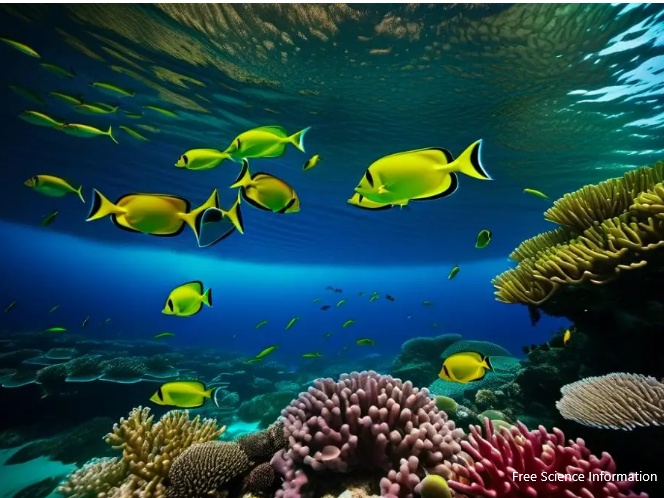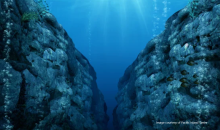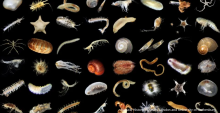
Marine Protected Areas (MPAs) are designated sections of the ocean where human activity is restricted to preserve marine life and habitats. Through various conservation measures, these areas aim to ensure healthy ecosystems by limiting practices that could degrade ocean health. Protecting these regions is essential for the preservation of biodiversity and the numerous species that rely on these ecosystems for survival.
Marine biodiversity is crucial for the planet’s overall health. It supports ecological balance and contributes to vital services, such as fishery resources and coastline protection. In recent years, scientists and conservationists have emphasized the need to expand these protected areas. They argue that preserving biodiversity hotspots can help address major threats like climate change and overfishing.
Policy initiatives have driven many countries to increase the size and number of MPAs. This expansion not only benefits marine life but also promotes sustainable fishing practices. By safeguarding habitats, we can enhance the resilience of these ecosystems against external pressures. The need for habitat protection has never been more urgent, as the threats to marine environments continue to rise.









